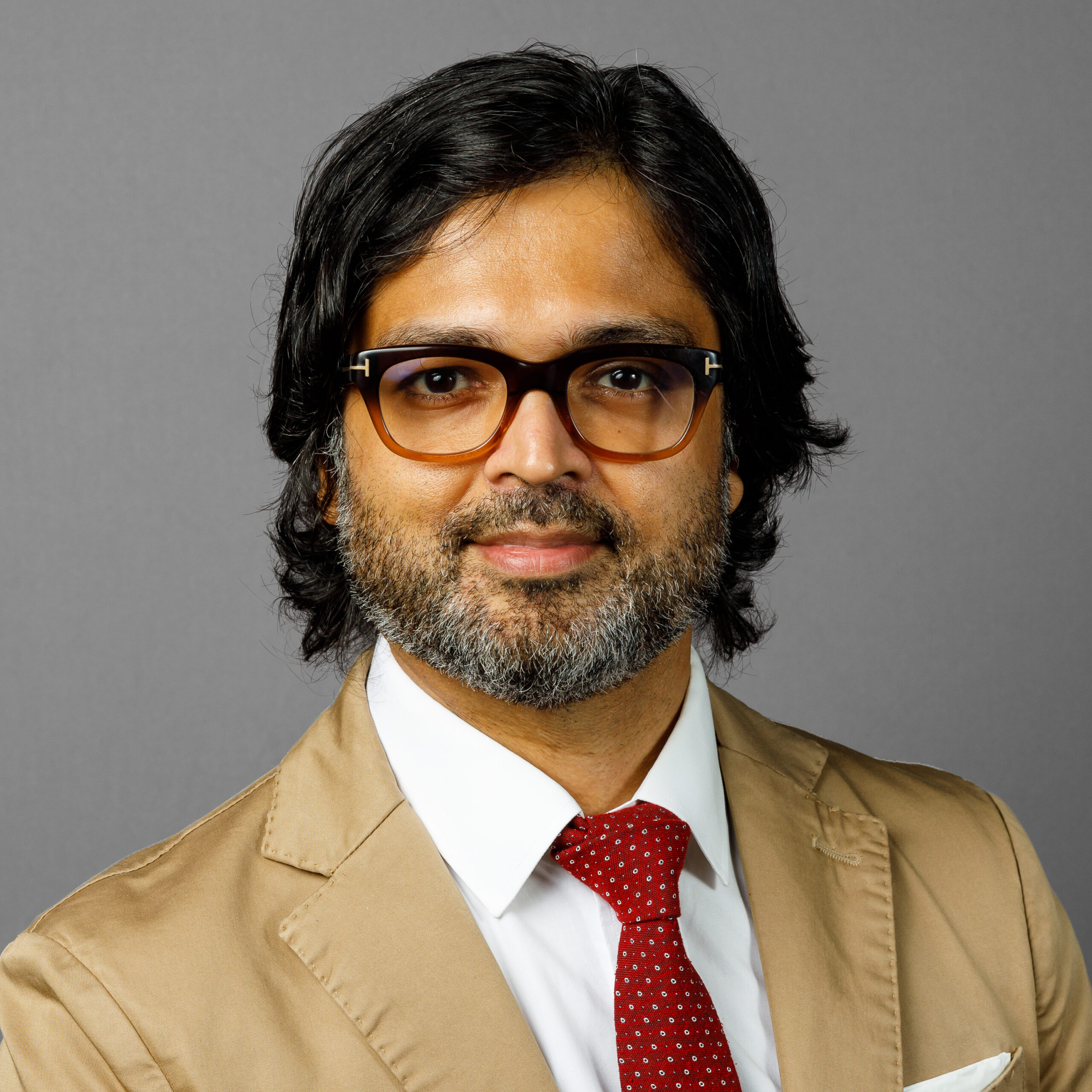BUSINESS
Srikumar Misra: Revolutionizing the Dairy Industry with Milk Mantra’s Disruptive Journey

In 2011, the dairy landscape in Odisha faced a formidable challenge – booth capturing by the state milk cooperative. Amidst this, Srikumar Misra, a former director of mergers and acquisitions at Tata Global Beverages, envisioned a transformative solution. His brainchild, Milk Mantra, emerged in August 2009 as a dairy start-up poised to disrupt traditional dairy business models.
Misra’s vision for Milk Mantra was clear – to revolutionize the dairy sector by infusing technology and challenging the low-margin, high-volume norm. The journey began with the introduction of Milky Moo, a premium brand that promised a unique value proposition – no more boiling required. This claim was backed by a groundbreaking three-layer ‘Tripak’ packaging, ensuring freshness by preventing light damage.
Despite being priced 20 percent higher than competitors, Milky Moo found success, tapping into the market’s demand for a mass-premium brand. Srikumar Misra’s strategic decision to focus on ethical sourcing and transparency further differentiated Milk Mantra in the competitive dairy industry.
The disruption continued with a novel approach to milk supply. Misra adopted a hyperlocal strategy, employing a fleet of 40 delivery boys to directly reach consumers in Bhubaneswar, bypassing traditional retail chains. Although challenging without the convenience of a mobile app, this approach allowed Milk Mantra to establish a direct connection with consumers, leading to rapid expansion beyond the city.
From delivering to 600 households daily, Milk Mantra’s success soared. Revenue jumped from ₹4 crore in FY12 to ₹44 crore in FY14, and within the next three years, it surpassed ₹150 crore. By FY19, the company achieved the milestone of being a ₹200-crore entity. Despite a decade-long journey, FY21 marked the first profitable year, with a profit of just under ₹10 crore.
Srikumar Misra’s commitment to governance, transparency, and ethics set Milk Mantra apart in an industry notorious for non-structured practices and compromised quality. While the journey to profitability took time due to the inherent costs of establishing high governance standards, Misra prioritized building a company with enduring values over immediate profitability.
Investors, including Aavishkaar Venture Capital and Fidelity Growth Partners, commend Milk Mantra’s performance, considering it a potential model for launching disruptive consumer brands in India. Srikumar Misra’s conscious capitalism approach, combining profitability with social impact, resonates with stakeholders and sets new benchmarks for the industry.
The strategic choice to stay regionally focused rather than pursuing aggressive pan-India expansion reflects Misra’s nuanced understanding of the Indian market. Despite having the backing of marquee investors, he emphasizes the importance of avoiding capital-driven expansion in a market like India, advocating for a measured and sustainable growth approach.
Milk Mantra’s journey also underscores the significance of learning from setbacks. Misra’s decision to pull back on the MooShake venture in 2016 highlights the importance of balancing boldness with practicality. The company’s pivot to a profitable model before aggressive growth showcases the wisdom of consolidating strengths in the home market before venturing wider.
As Milk Mantra introduces the Daily Moo subscription app, aiming to become East India’s largest subscription-based food app, Srikumar Misra’s vision remains clear – to woo and ‘moo.’ His commitment to the regional playbook and building a strong, socially responsible brand sets a precedent for other entrepreneurs in the ever-evolving Indian business landscape.
